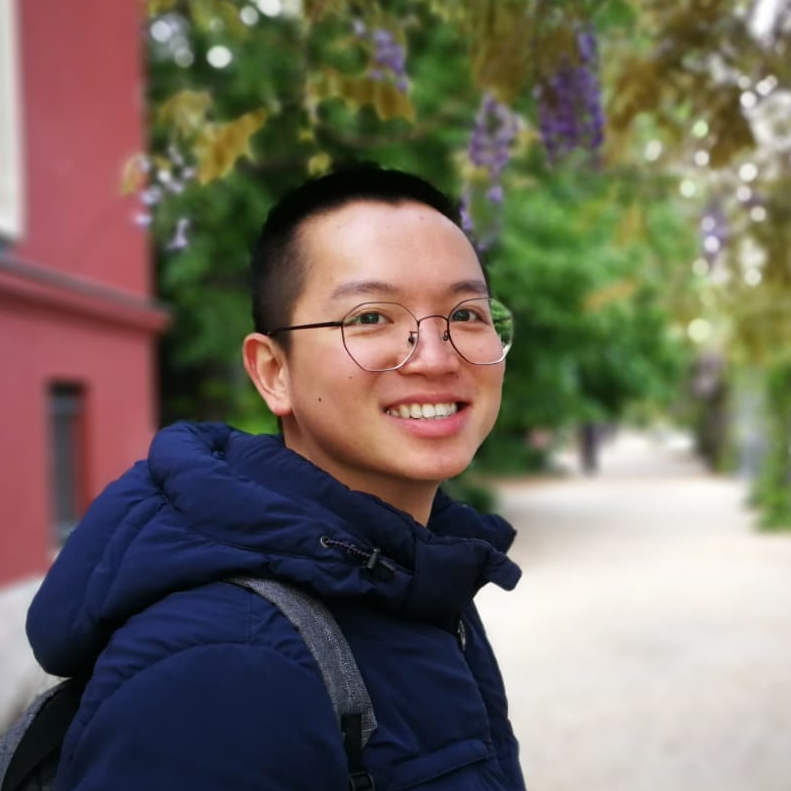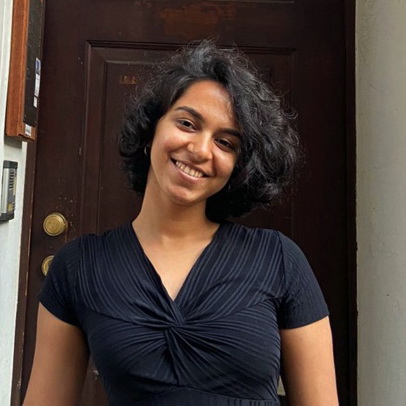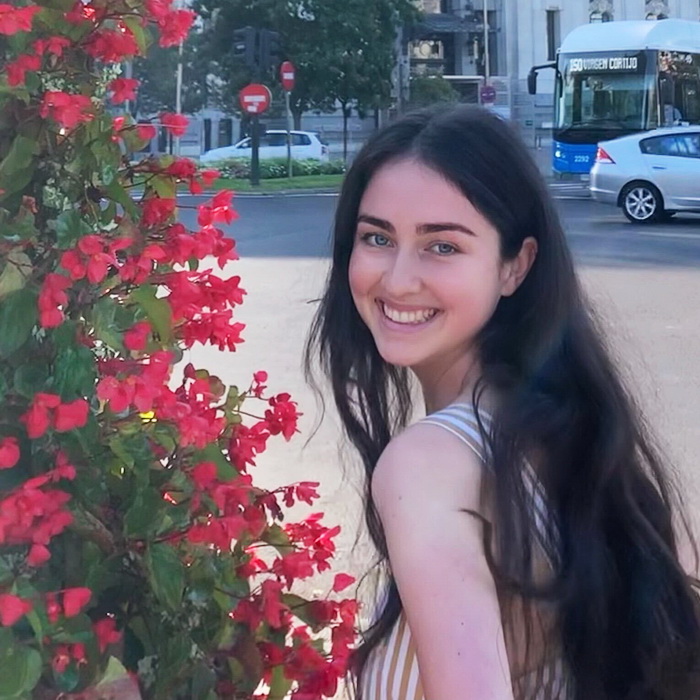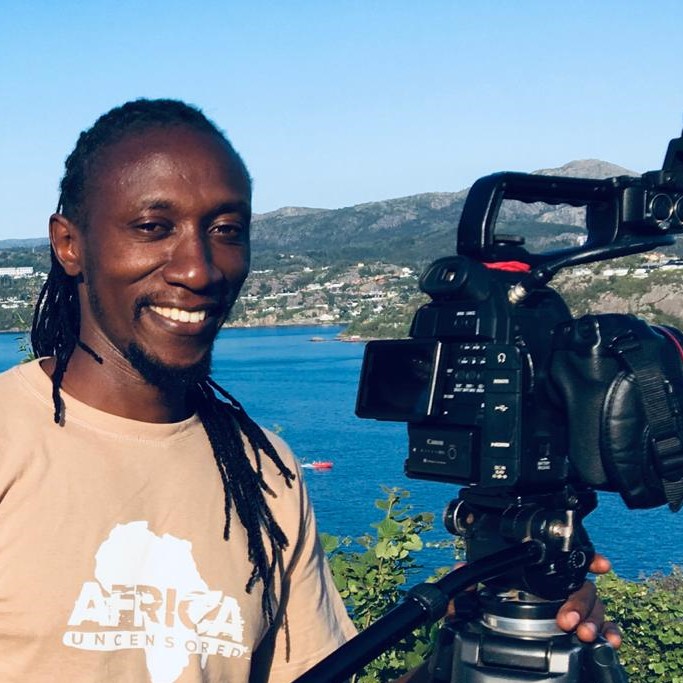On Rasam and Identity
Rasam is the answer to everything, or so I was told during my middle-class vegetarian Tamil brahmin upbringing.
India, South Asia
Story by Janani Padmanabhan. Edited by Mikael Ahrari
Published on May 16, 2022.
Reading time: 5 minutes
This story is also available in 


Tamarind. Turmeric. Tomato. Toor dal: The four Ts that go into the hot panacea of a potion that is rasam. A fellow Tamilian would look at this and vigorously point out that it should include pepper and cumin, to which I graciously give in. Rasam (originally from the Sanskrit work ‘rasa’ meaning ‘juice’) is usually poured over hot rice with a dollop of ghee, after which the concerned eater must immediately go through the finger-burning ordeal of mashing up and incorporating the hot rice with the thin, soup-like rasam with their hands.
Rasam is the answer to everything, or so I was told during my middle-class vegetarian Tamil brahmin upbringing.
It’s a food that makes for a meal for any context. Toddler who can’t chew? Down with a cold or an upset tummy? Short of ingredients in your pantry? Rasam is the answer to everything, or so I was told during my middle-class vegetarian Tamil brahmin upbringing.
How do I feel about rasam? While I do have a nostalgic fondness for it, it isn’t my go-to on an average day, mostly because it isn’t particularly quick, filling, or nutritionally dense by itself. Beyond that, the meaning this dish (and many others in my local cuisine) projects into my existence and privilege has made me disassociate from it to a considerable degree. I seek to further examine these convoluted feelings on rasam through the lens of caste, social meaning and power, in the remainder of this piece.
To begin with, I must acknowledge that while the origin stories of rasam are apocryphal, there seems to be a common tale passed around that attributes the creation back to an ancient folktale. The story goes like this: In 16th century Madurai, a town in present-day Tamil Nadu, there was a ruler whose son happened to fall sick and could not be cured by the ordinary healers. The ruler sought out all the medicinal experts in the land. A priest (also referred to as a Brahman, according to his caste status) came around with this spice-laden potion, which cured the prince.
Did we eat rasam rice 3-4 times a week in the comfort of a story that provides us internalized superiority over others?
This folktale seems to resemble a lot of other Indian lore from around this period, which glorify the heroics of upper-caste men in settings of intellectual and/or royal demand. This origin story leads me to question my and my broader community’s high regard for rasam, as belonging to the upper-caste and being systemically privileged ourselves. Did we eat rasam rice 3-4 times a week in the comfort of a story that provides us internalized superiority over others?
This would be a difficult answer to procure candidly through conversation. Much of popular Indian folklore (and arguably present-day politics) is tainted with the crediting of achievements to upper-caste folk, consequently overshadowing and misrepresenting other ‘lower’-caste communities, particularly Dalits. Diets are another way to reinforce this power structure. Vegetarianism among Indians is inherently tied to upper-caste/brahminism and corresponding notions of purity related to consuming meat that disregard and look down upon communities that don’t follow the same. In this way, food social scientist Claude Fischler’s idea of incorporation – the idea that organisms, especially humans, deliberately eat or intake what represents their beliefs and social existences outwardly – holds true based on the hierarchies that diet choices have created in Indian society.
Whether the folktale holds true, rasam is now a food of the commons in Tamil Nadu and South India, given the accessibility of its ingredients, short preparation time, and its status in the Tamil community as a superfood of sorts. And while I crave and relish the comfort of rasam rice at occasional moments of homesickness, it comes with the associated discomfort of knowing the proximity at which my cravings and social class lie.
References
Shanker, R. (2017, November 19). Rasam, a taste of history and tradition. DT NEXT. Retrieved October 23, 2022, from https://www.dtnext.in/Lifestyle/Food/2017/11/18235008/1052610/Rasam-a-taste-of-history-and-tradition.vpf
Fischler, C. (1988). Food, self and identity. Social Science Information, 27(2), 275–292. https://doi.org/10.1177/053901888027002005
Devarajan, A., & Mohanmarugaraja, M. K. (2017). A Comprehensive Review on Rasam: A South Indian Traditional Functional Food. NCBI. Published. https://www.ncbi.nlm.nih.gov/pmc/articles/PMC5628526/
How does this story make you feel?
Follow-up
Do you have any questions after reading this story? Do you want to follow-up on what you've just read? Get in touch with our team to learn more! Send an email to [email protected].
Editorial
Food is a deeply cultural thing. If you enjoyed learning more about Janani's upper-caste Tamil Brahmin upbringing and its connection to Raman, we'd suggest you read Zhihao's story next: they write about the rice dish Ban and how it ties in with their Hakka identity. Or check out Neya's story about hosting themed dinner parties to stay connected during the COVID pandemic in the UK.
Recommended Further Reading
Talk about this Story
Please enable cookies to view the comments powered by Disqus.
Subscribe to our Monthly Newsletter
Stay up to date with new stories on Correspondents of the World by subscribing to our monthly newsletter:
Tags
Topic: Liberation
> Timor-Leste
Mehi/Dreams in Dili
A story by Phoebe Parsons
1 min
This video shares the story of Isabel, a former student of Pro-EMA (Empowering Program for Women and Adolescents) in Timor-Leste. Read more...
> Sri Lanka
It’s okay to be not okay
A story by Hasanga Gagalagamuwe
4 min
For a long time Hasanga was bullied for looking different until she became inspired by the campaign “Beauty comes in all shapes, colors, types and sizes.” Now she has stopped trying to change her appearance to please others, and started to create her own version of beauty. Read more...
> Ukraine
The worst morning of my life
A story by Amelia
5 min
One fateful morning, Amelia woke up with the news that a war had broken out in her country. It would become the worst morning of her life and it hasn't ended yet for her. Read more...
Explore other Topics
Get involved
At Correspondents of the World, we want to contribute to a better understanding of one another in a world that seems to get smaller by the day - but somehow neglects to bring people closer together as well. We think that one of the most frequent reasons for misunderstanding and unnecessarily heated debates is that we don't really understand how each of us is affected differently by global issues.
Our aim is to change that with every personal story we share.
Community Worldwide
Correspondents of the World is not just this website, but also a great community of people from all over the world. While face-to-face meetings are difficult at the moment, our Facebook Community Group is THE place to be to meet other people invested in Correspondents of the World. We are currently running a series of online-tea talks to get to know each other better.

































